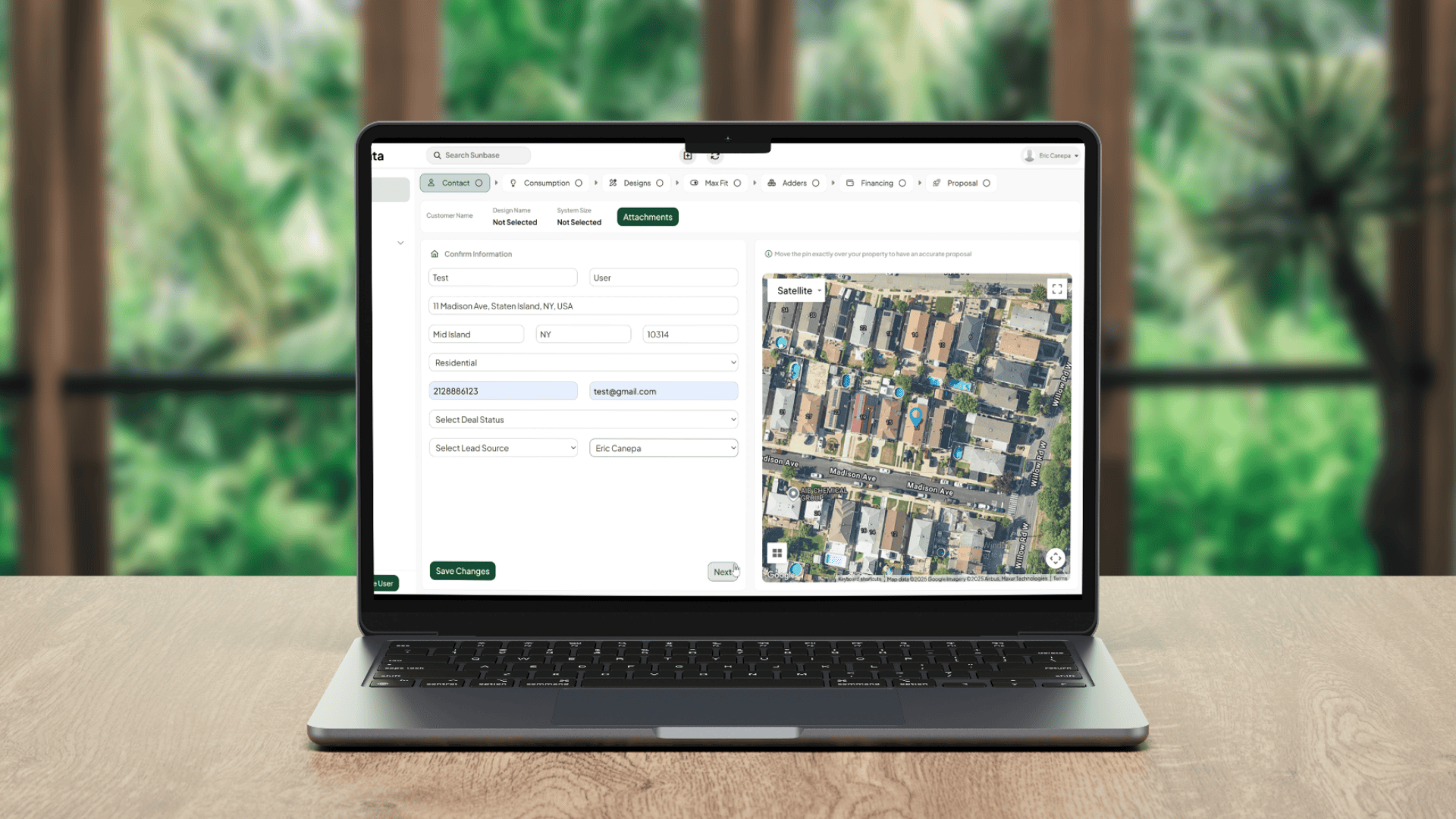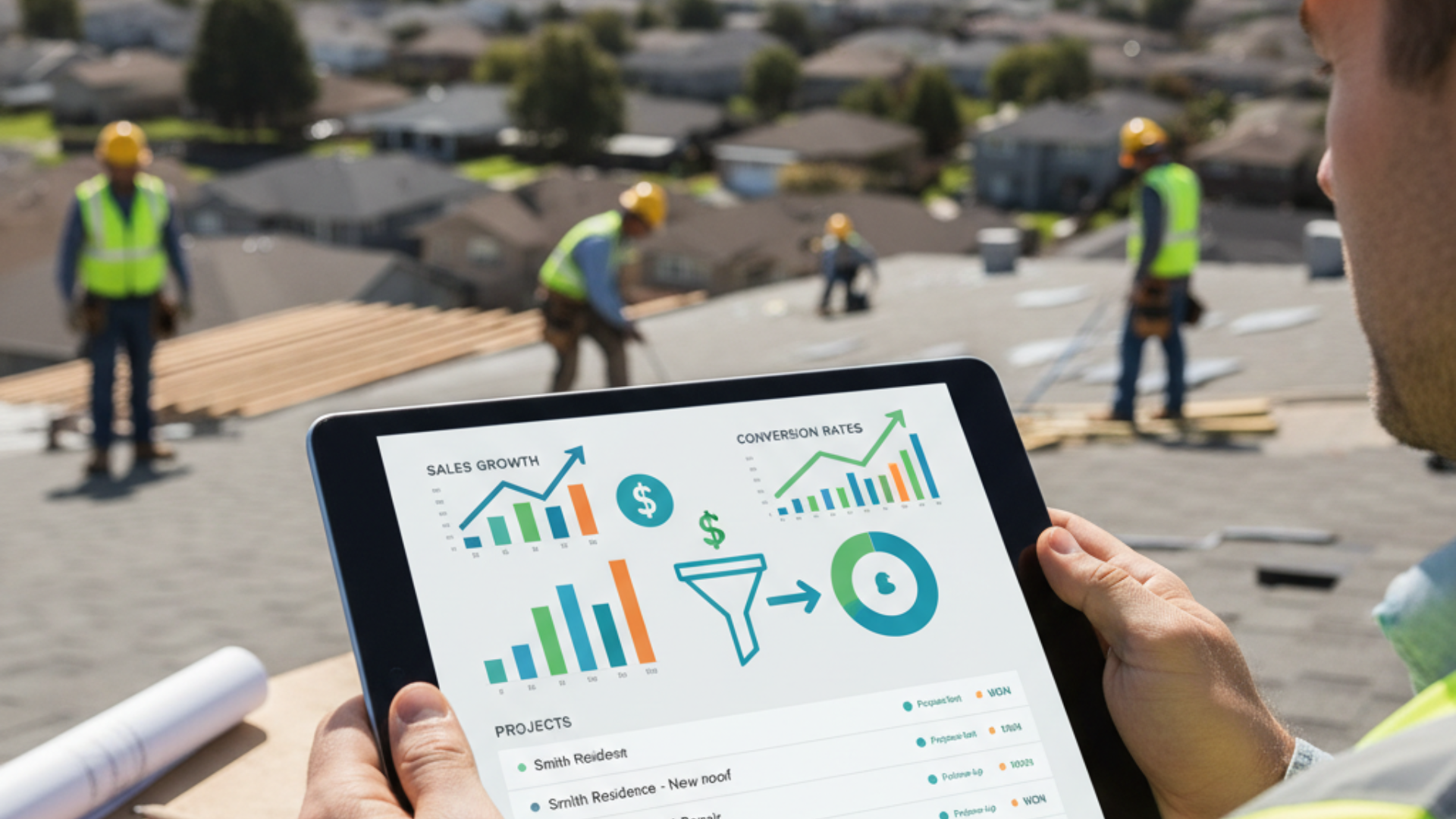November 2, 2023
Everyone knows that solar panels are an excellent way to reduce your carbon footprint and lower your energy bill. With that, they do cost a lot to install, so one might wonder how often they need to be replaced.
Replacing solar panels isn’t something you’ll need to do often. Most panels continue to perform for 25 years or more with just basic maintenance. But like anything exposed to the elements, time takes its toll.
And what happens if they do need to be replaced? In this blog post, we will answer all these questions and more!
How Long Do Solar Panels Last Before Replacement? Lifespan, Maintenance & Cost Guide
Wondering how often solar panels need to be replaced? You’re not alone. The average solar panel lasts 25–30 years, but several factors can impact its performance over time, including weather conditions and maintenance habits.
This guide explains how to spot signs of degradation, when replacement makes sense, and how to maximize your system’s lifespan with smart maintenance and design tools. Keep your solar setup running efficiently for decades to come.
Key Takeaways
- Solar panels typically last 25–30 years, but their efficiency gradually decreases over time due to natural degradation, resulting in an average annual efficiency loss of around 0.5%.
- Regular cleaning and maintenance can extend the lifespan of your panels by reducing performance loss from dust, debris, or faulty wiring.
- Quality matters! Panels from reputable manufacturers and professional installation can significantly slow down degradation and reduce the need for early replacements.
- Replacement isn’t always necessary; often, simple repairs, inverter swaps, or partial panel replacements can restore optimal system performance without significant costs.
Understanding the Lifespan of Solar Panels
Solar panels are a crucial component of any home or business that relies on solar power systems to meet its energy needs. But how long do solar panels last?
What Warranties Say vs. Real-world Performance
Most solar panels come with a warranty that lasts between 20 and 25 years. However, this does not mean that the panel will stop working after this period of time. In fact, solar panels continue to produce electricity for 30 years or more.
The exact solar panel lifetime depends on several factors, including the quality of the materials used and the conditions under which it is installed and operated.
Average Solar Panel Lifespan Based On Industry Data (NREL & IEA)
A study, named "PV Lifetime Project," conducted by the National Renewable Energy Laboratory (NREL) has found that the average lifespan of a PV module is about 25 years.
However, some modules are still producing power after more than 30 years. The study has also found that about 20% of modules fail within the first five years.
In short, how often do solar panels need to be replaced? The answer depends on several factors, but most solar panels are expected to last for at least 20 years. If you are concerned about the lifespan of a solar system, consult with a qualified installer to get an estimate of its expected lifetime.
What Causes Solar Panels to Degrade Over Time
The Science Behind Solar Panel Degradation
Like every piece of machinery, solar systems also degrade over time. The degradation process of a solar panel is cumulative, meaning that every day the panel produces less power than it did the day before.
The amount of power a solar panel produces in its lifetime decreases by 0.45% each year. However, most manufacturers use a standard degradation rate of 0.75% each year.
Now, if you're like most people and have your solar panels installed on your roof, you probably have 30 to 40 years of production ahead of you.
However, after 30 to 40 years, the solar panel produces only a fraction of the power it originally produced when the solar panel system was new.
What affects the solar panel degradation rate?
While numerous factors contribute to the degradation of solar panels, the common factors are:
- Temperature and Weather
- Lack of Maintenance
- Partial Shading by Clouds or Dust
- Quality of the Solar Panels
To read more about all the factors that affect solar panel degradation rate in detail, click here!
How to Extend the Life of Your Solar Panels
As solar panels become more popular and affordable, it's important to ensure that they last as long as possible. Solar panels can have a lifespan of up to 25-30 years, but there are steps you can take to extend their life even further.
Regular cleaning and inspection best practices
How long do solar panels last? The answer depends on how often you clean it! The best way to extend the life of solar panels and make them last longer is by regularly cleaning your solar system.
This step will help remove any dirt, dust, or debris that may have accumulated on the panel prevent it from causing further damage, and even reduce the degradation rate of your solar system. You can either clean them yourself or hire a professional to do it for you.
Maintenance and Longevity
You can also extend the life of your solar power system by properly maintaining it. Ensure that all cables and connectors are kept tight and free from corrosion, and inspect the inverter for any signs of overheating.
Full Sun Exposure
Ideally, solar panels should be exposed to full sunlight for maximum performance. Partial shading will decrease the system's output and may cause the panel to overheat.
Make sure your solar panel installer uses solar design software, so your panels are positioned perfectly, leaving no room for shading!
Quality Panels
The best way to ensure that your solar panels last as long as possible is by purchasing quality panels from a reputable manufacturer.
Cheap solar panels may sound attractive, but they tend to degrade much faster than high-quality solar panels. Make sure to research thoroughly before investing in solar panels.
When Is It Time to Replace (or Repair) Solar Panels?
Now that we know how often solar panels need to be replaced, the next question is what happens when they do? The most common option for replacing solar panels is to buy a new panel and install it alongside the old one. This can become expensive quickly, as a single solar panel can cost upwards of $200.
Another option is to buy a solar panel kit, which includes everything you need to replace solar panels- the panel, inverter, wiring, and more! This can be a great option if you're looking for an upgrade or want to add additional panels to your system.
Finally, some companies offer a warranty for solar panel replacement. So if your solar panels do degrade below their warranted power output, the company will replace them free of charge!
Repairing Solar Panel VS Replacing Solar Panel
If your solar panels have only a few broken or damaged cells, it may be more cost-effective to repair them rather than replace the entire panel. This is because repairing solar panels is significantly less expensive than replacing them.
You can either find a company that specializes in repairing solar panels. However, before you decide to repair your solar panels, be sure to weigh the costs and benefits carefully. Sometimes it's just not worth it!
What other solar panel components need repair or replacement?
Solar panels are not the only components of a solar energy system sold in the solar industry that require regular maintenance. The inverter and mounting system also require regular inspection and, if needed, repair or replacement.
The inverter is responsible for converting the Direct Current (DC) electricity produced by the solar panels into Alternating Current (AC) electricity that can be used in your home or business.
If the inverter fails, it will not be able to convert the DC electricity into AC power and you will lose all of the benefits of having a solar energy system installed.
The mounting system is what holds the solar panels in place on your roof or in your yard. It is essential to ensure that the mounts are secure and properly aligned, allowing the solar panels to collect as much sunlight as possible.
If you are experiencing any issues with your inverter or mounting system, it is best to contact a professional for an inspection and any necessary repairs or replacements. Attempting to do the work yourself could result in further damage and costly repairs in the future.
To keep your solar energy production at its peak, ensure it is inspected and maintained regularly by a qualified technician. Solar panel replacement is not typically required very often, but it's important to stay on top of all of the components that make up your solar energy system.
Conclusion
In the end, remember that reputable solar panel manufacturers will provide a warranty for their products. Depending on the brand and type of solar panel you purchase, warranties vary from as short as five years to as long as 25 years.
Ideally, they should last for at least 10 years. Before making a purchase, check with the manufacturer to determine the type of warranty they offer and its duration.
In case your solar panels are malfunctioning, they can be easily replaced or repaired, and you won't need to pay a lot for the repair or replacement. If you do not receive a warranty on the panels you buy, don't be surprised if it becomes difficult to find someone who can repair them when they break down.
Cheap solar cells usually mean that cheap manufacturing processes are used, which leads to poor quality and increased degradation rates, which means that your panels won't produce as much power as a good quality solar panel.
Build Longer-Lasting Solar Projects With Sunbase.
Your solar panels can last decades, if they’re designed right. With Sunbase, you can plan, design, and manage solar systems built for long-term performance.
Click here to book a quick demo!
FAQ's
1. What causes solar panels to degrade over time?
Exposure to UV rays, temperature fluctuations, and moisture can slowly reduce panel efficiency. High-quality materials and professional installation minimize this effect.
2. How do I know when my solar panels need replacing?
Look for signs like reduced energy output, visible wear, or persistent inverter errors. Monitoring software can also track system performance accurately.
3. How can software help extend panel lifespan?
Tools like Sunbase Solar Software help you design efficient systems, optimize performance, and monitor degradation trends, ensuring long-term efficiency and fewer replacements.
I agree to receive marketing messaging from Sunbase at the phone number provided above. I understand data rates will apply, and can reply STOP to OPT OUT.











